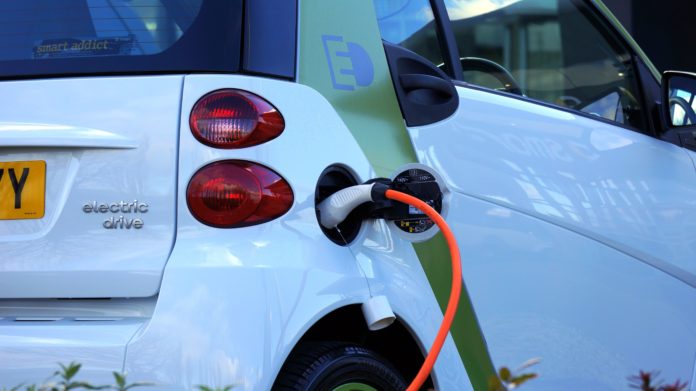
Electric vehicles (EVs) are proving to be runaway successes in some parts of the world. The uptake has been particularly high in northern Europe. In Norway, nearly half of vehicles sold in 2018 – 49.1 percent – were EVs. Globally, the sales of EVs increased 73 percent in 2018 to 1.26 million units, after growing 86 percent the year before. This means worldwide sales of EVs grew more than threefold in just two years’ time.
The numbers, however, remain stubbornly low in the U.S., where plug-in hybrid and electric vehicles still account for only two percent of car sales. If anything, Americans are going in the opposite direction, buying larger vehicles that are less fuel efficient. What gives?
One recent theory put forth by Scientific American is that Americans don’t have the knowledge and information to buy EVs.
“A critical thing—and we learned this from investments in home energy efficiency—is that individuals in households need reasonably accurate information from sources they trust at the point of decision,” Paul Stern, a principal staff officer at the National Research Council of the National Academy of Sciences, told Scientific American.
While EVs are part of a global initiative toward reducing greenhouse gases, many Americans may not be motivated by the green factor. Instead, it might be more productive to inform them about how much they’ll save on fuel and maintenance, which can help offset the higher-than-average cost of most EVs on the market today.
EV companies would benefit from an education campaign to inform Americans of all the benefits of electric vehicles, as would auto dealers struggling to move EVs off their lots.
“People probably lack information from trusted sources not only about the environmental impacts of their car purchases, but also about the impacts on their family budget,” Thomas Dietz, an environmental psychologist and professor of sociology and environmental science and policy at Michigan State University, told Scientific American.
Since performance of the vehicle and the status it conveys also seem to be important to Americans, more high-status vehicles such as Tesla’s Model 3 may be what it takes to lure more Americans into EV ownership, at least in the luxury category. The Model 3 dominates the luxury sedan category in the U.S. today, beating competition such as the BMW 3 Series and the Audi A4, and the Mercedes C/CLA/CLS and E-class.












